The Harsh Realities Of Finances In the Women's Game
Lewine Mair highlights the lack of financial support for the UK's female golfers when they make the transition from amateur to pro
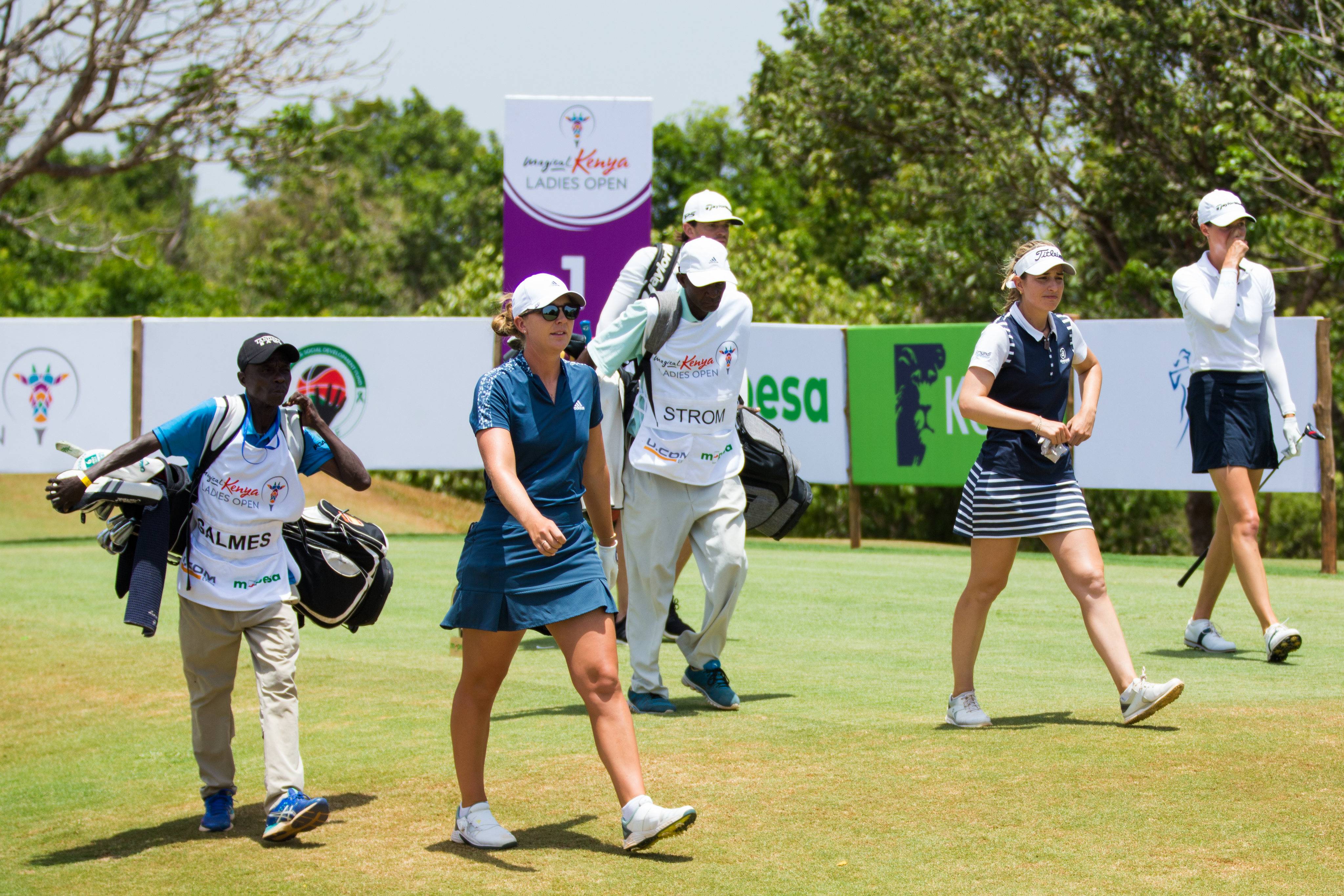
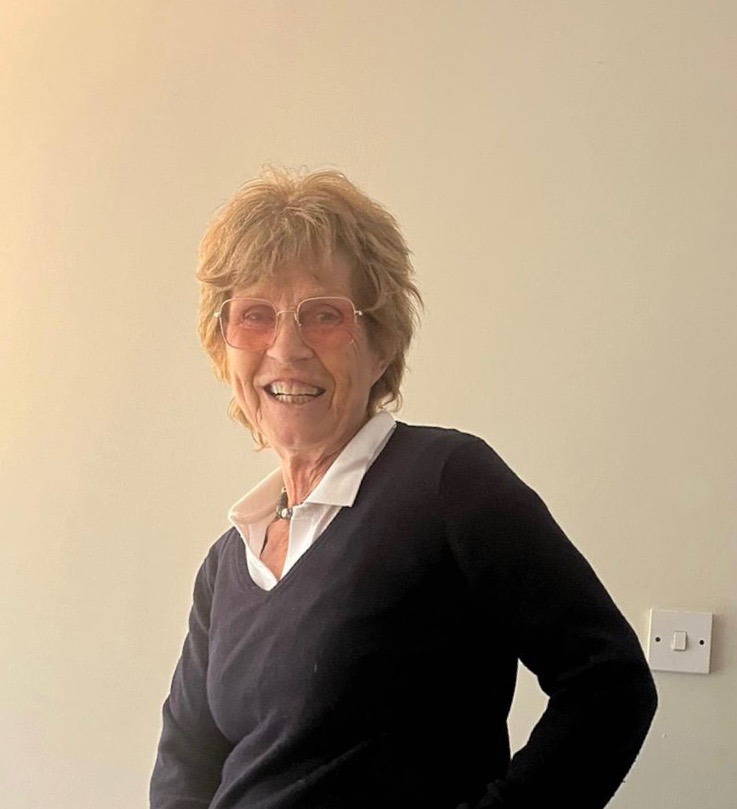
Is golf seriously a game for all? In certain places, it can be just that but, when it comes to turning professional, UK youngsters without rich parents continue to have a tough time trying to get started.
The general consensus of opinion would seem to be that one player in five - on the women’s side of the game - is currently having to give up on her professional dreams because she does not have the wherewithal to give herself so much as half a chance.
For an up-to-the-minute report of what a hit-and-miss affair the process of turning professional is apt to be in the early days, Bishop Auckland’s 23-year-old Jessica Hall has recently gone down the “Just Giving” route after returning from four years at Fresno State University in California. Out there, her golf came on in leaps and bounds under the eye of coach Emily Loften. Yet the longer she spent in the States, the more she was out of sight and mind of those who might fund her start on the LET.
As she had played twice for the England girls’ team, I asked if she had called upon England Golf to assist. The answer was in the negative. “You can’t,” she advised, “rely on your country for help”. (What she was saying in fact covers all three of England, Wales and Scotland.)
It could be that Hall’s idea of wanting to set off around the world playing golf might strike some people outside the game as the equivalent of a gap year. However, where a gap year can be done on the cheap, with red-eye flights and nights in hostels, that does not begin to apply to an aspiring golfer. He or she will need to take flights which marry with tournament dates, besides staying in reasonable hotels, eating well, and shelling out for a caddie.
It was a sister member of Bishop Auckland, who helped to set Hall up on the “Just Giving” site and, when Hall and I spoke, well-wishers had contributed £2,500 towards her £5,000 target. Club members, along with her parents, donated separately, while Jenny Lucas, formerly Jenny Lee Smith and the winner of the first of the Women’s British Open championships in 1976, threw in another £1,000. All of which meant that Hall was able to practise in Portugal before moving on to Spain for the LET’s up-coming pre-qualifiers and final qualifiers.
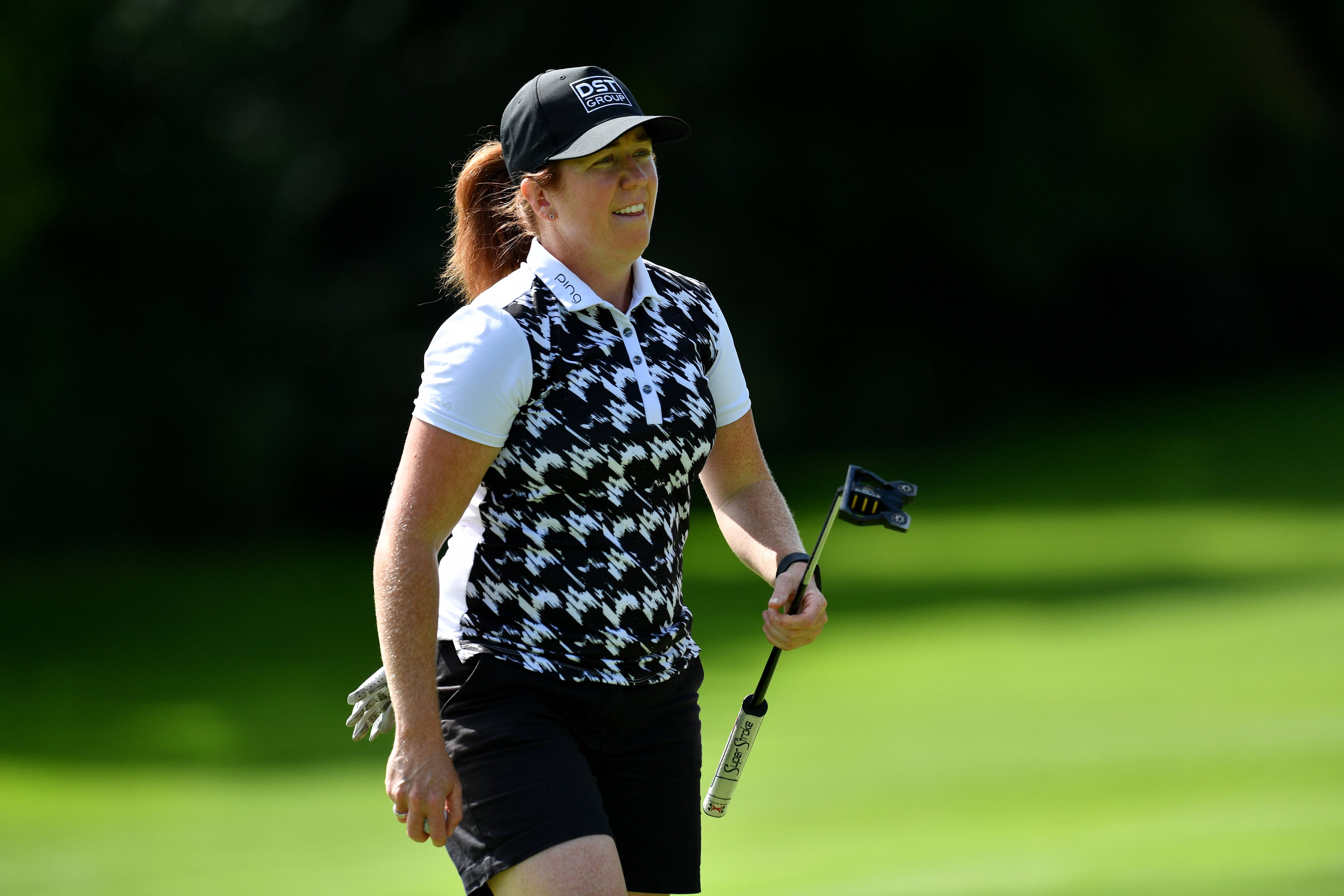
England's Hannah Burke had to sell her car to help fund LET Qualifying School
England’s Hannah Burke, on learning of Hall’s experiences, said she was listening to a familiar story. Burke, now 34, went to an American university and, though her record of having played in such prestigious amateur events as the Espirito Santo and the European Team championships smacked of promise, she had to borrow £2,000 from her parents by way of a first move.
Get the Golf Monthly Newsletter
Subscribe to the Golf Monthly newsletter to stay up to date with all the latest tour news, equipment news, reviews, head-to-heads and buyer’s guides from our team of experienced experts.
“My parents,” recalled this winner of the ’15 TipSport Golf Masters, “didn’t have much money and I was working in a pub at a stage when I could have done with practising on more of a full-time basis.
“ I sold my car to go to the ‘12 Qualifying School and got myself a card, only that wasn’t the end of the matter. I then had all the pressure of having to make my first cut in order to be able to play in a second tournament; and to do the same again to be able to tee up for a third time. It happened again and again and I was lucky that I managed to hang on in there.”
Eventually, Burke found herself a sponsor to whom she is eternally grateful for his offer to cover 25% of her expenses.
“People have the wrong idea about the life of a tournament pro.” she added. “They think it’s glamorous but, though I made around £74,390 this season for finishing inside the top 50 on the LET, there’s not too much of it left after I’ve paid my share of the expenses. I still need to give lessons in the winter months.
“To be honest, it’s the Aramco Series which is saving us LET players at the moment. It’s like a free week and you know that even if you only do all right in the team event, you’re going to pick up a useful sum.”
So traumatised was Burke by the financial troubles she encountered when she switched to the professional arena that she continues to ponder on how the problems could be solved for future generations. Her wish is for some kind of pay-back scheme, one where a player’s home country - here we are talking about England, Scotland and Wales again - would provide a start-up sum rather than merely a good luck message. All being well, the player in question would then pay the money back in a few years’ time.

The Aramco series is greatly appreciated by LET players
Rebecca Hembrough, one of England Golf’s High Performance managers, says that in an ideal world, she would love for England to be in a position to help the would-be professionals. “It’s so hard to see the girls you worked with as amateurs suddenly being left to sort everything out for themselves,” she said. She mentioned Australia, “where you get personal donors stepping in”, while she went on to talk of the financial advantages for those countries involved in the Olympic movement “England,” she explained, “don’t qualify for that help because we’re England Golf, not Great Britain & I. Our remit is to support amateur golf.” (To be precise, team GB&I looks to the recently-formed British Golf Association for Olympic help rather than the Olympics’ governing body itself.)
Nigel Edwards, England Golf’s Performance Director, confirmed what Hembrough had said about England's role in the general scheme of things: “England," he said, "don’t support fledgling professionals because our constitution asks that we stick with the amateurs.
“People see headlines about top pros who are currently making millions and assume that all of golf is well off. What they don’t appreciate is that the millions we have been hearing about only apply to about 1%. There are plenty of newly-turned professionals who have a really tough time getting a step on the professional ladder.”
James Corcoran, Ireland’s High Performance supremo, said that Leona Maguire would have been given something in the region of £20,000 when she turned professional in 2018. (Four years later and she does not get a penny, for the simple reason that she bagged nearly $1.9 million this year alone.)
”Our funding comes via Sport Ireland and the Irish Government,” said Corcoran. “This year, 12 of our players have been helped, with the only proviso that they need to have made the top 50 in the World Amateur Rankings or played in the Curtis or Walker Cup.”
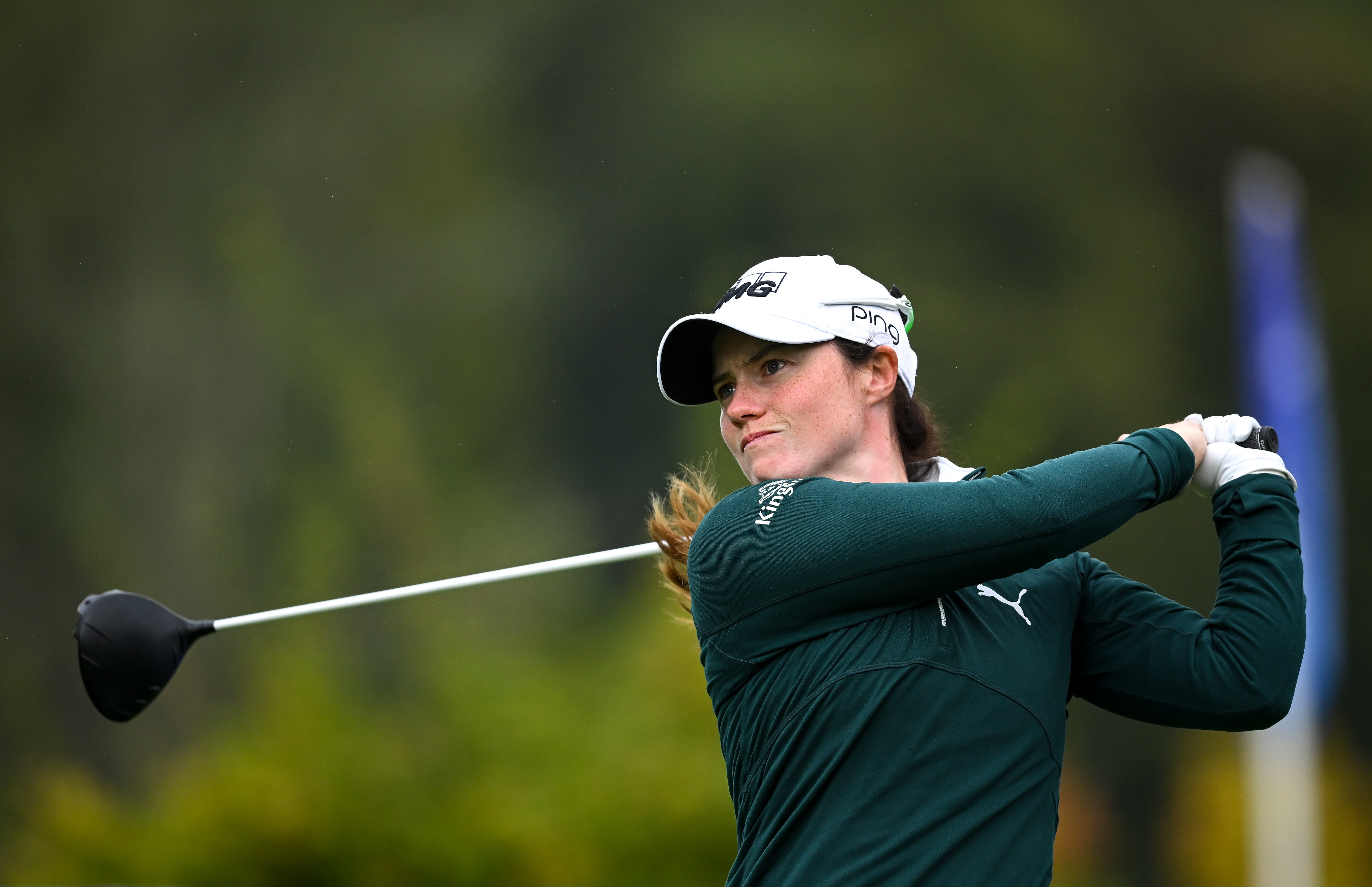
Ireland's Leona Maguire would have been given approx £20,000 when she turned pro in 2018
As to whether the Irish hierarchy stay in touch with those among their better players who head for an American university, the answer is that they do. Corcoran said that half of the 12 players they have just helped would have been at college in the States.
Corcoran uses the word “CRITICAL” to get across how important it is that golfers who turn professional should get help at the very stage of their careers when they need it most.
Sweden’s Pia Nilsson, from Vision 54, describes “a good support system” as mattering rather more than simply from a golfing point of view: “It can help players grow and develop as players and humans.”
At the same time, Nilsson felt constrained to bring up the subject of how many of those amateur bodies who are in a position to distribute Olympic funding, only tend to reach out to their juniors. “Who knows,” she asks, “at what point a player is going to blossom?
“Our experience is that you never know when they are great as juniors or amateurs if that will translate to being great as professionals. So many things can happen with their game development, their motivation and their human development along the way. “Even those agents who attend qualifying schools with a view to giving an educated guess as to who will be a future star, can be very off.”
By way of a concluding remark, Nilsson issued the reminder that there were plenty of would-be experts who did not think that Annika Sorenstam would be great when she was in her early 20s.
Lewine Mair was the first woman to be signed on as a sports’ correspondent for a national daily paper. She was with the Daily Telegraph for 18 years, six of them covering sport in general and the remaining 12 as the paper’s golf correspondent. She has also written for The Times and, today, is a regular contributor to the American digital magazine, Global Golf Post.
-
 Why Machrihanish Golf Club Needs To Be On Every Golfer's Bucket List
Why Machrihanish Golf Club Needs To Be On Every Golfer's Bucket ListThe rugged, natural and historic Machrihanish Golf Club is a spectacular Old Tom Morris design that is the epitome of pure links golf
By Elliott Heath
-
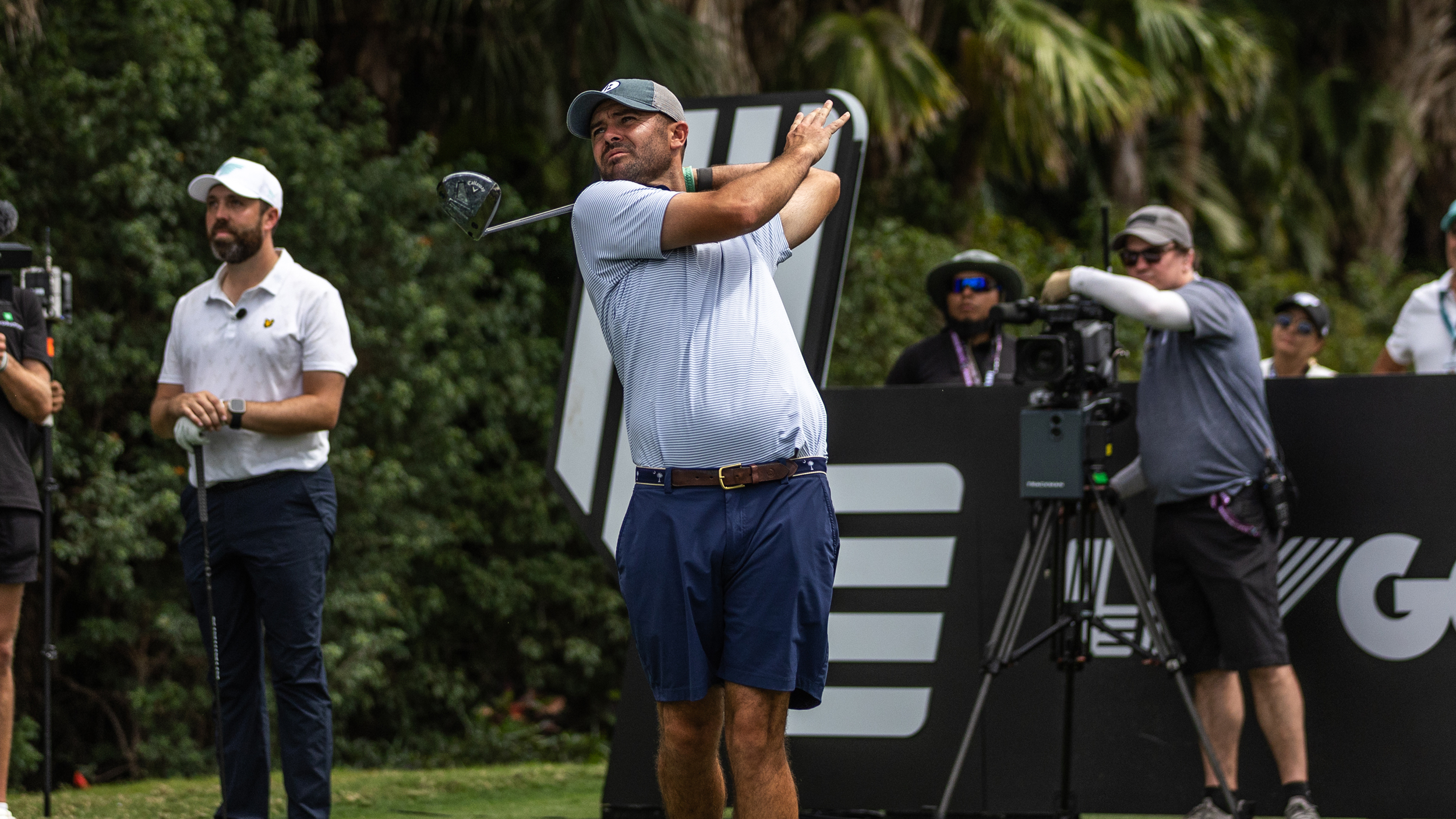 Reports: Wesley Bryan Suspended By PGA Tour After Playing In LIV Golf Duels
Reports: Wesley Bryan Suspended By PGA Tour After Playing In LIV Golf DuelsThe 2017 RBC Heritage winner is said to have been suspended by the PGA Tour after teeing it up in the recent LIV Golf creator event in Miami
By Elliott Heath
-
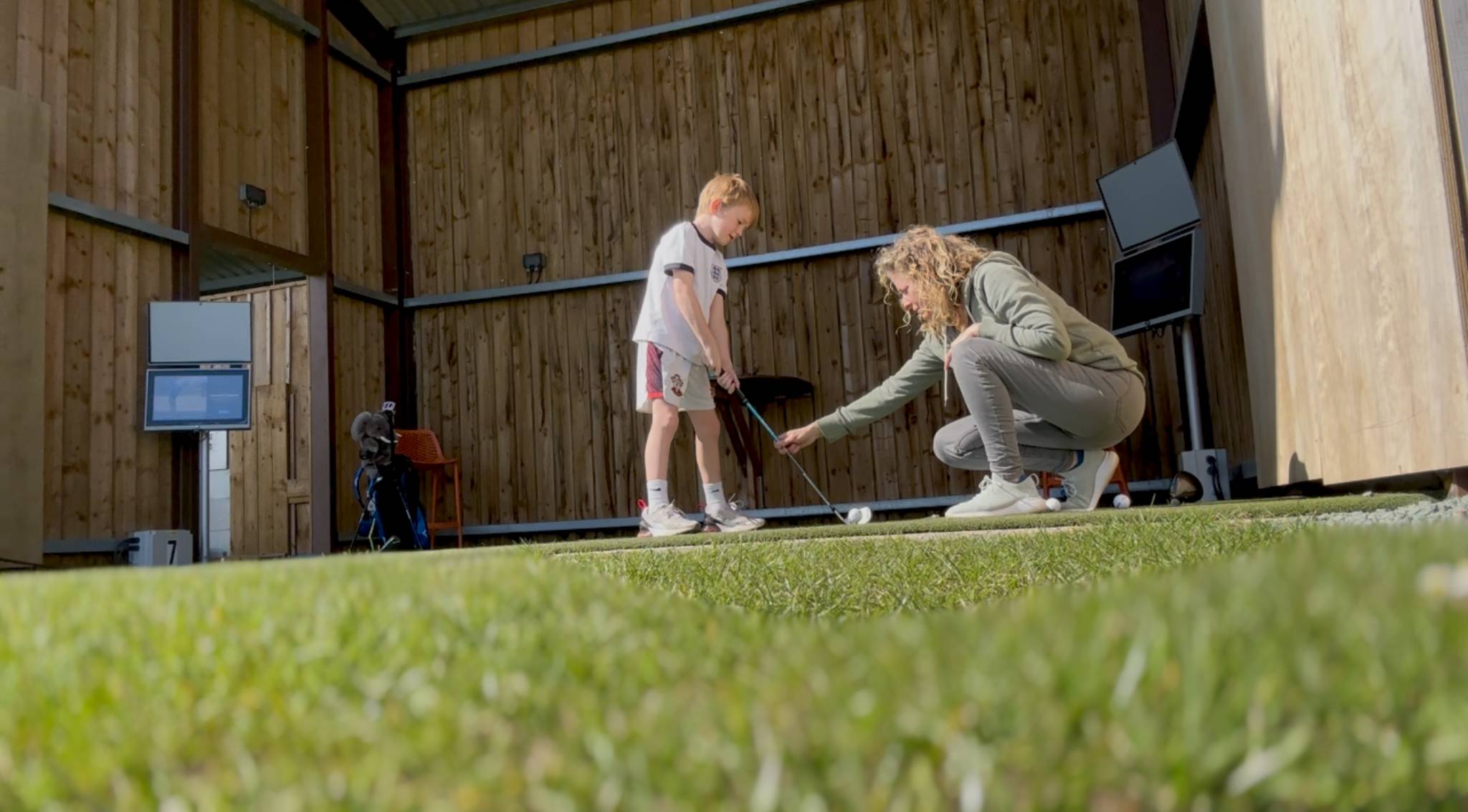 I’m A PGA Golf Coach - Here's Why I Made Sure My Kids Can Play Golf
I’m A PGA Golf Coach - Here's Why I Made Sure My Kids Can Play GolfFrom life lessons to lifelong friendships, Top 50 Coach Katie Dawkins on what golf can give your children
By Katie Dawkins
-
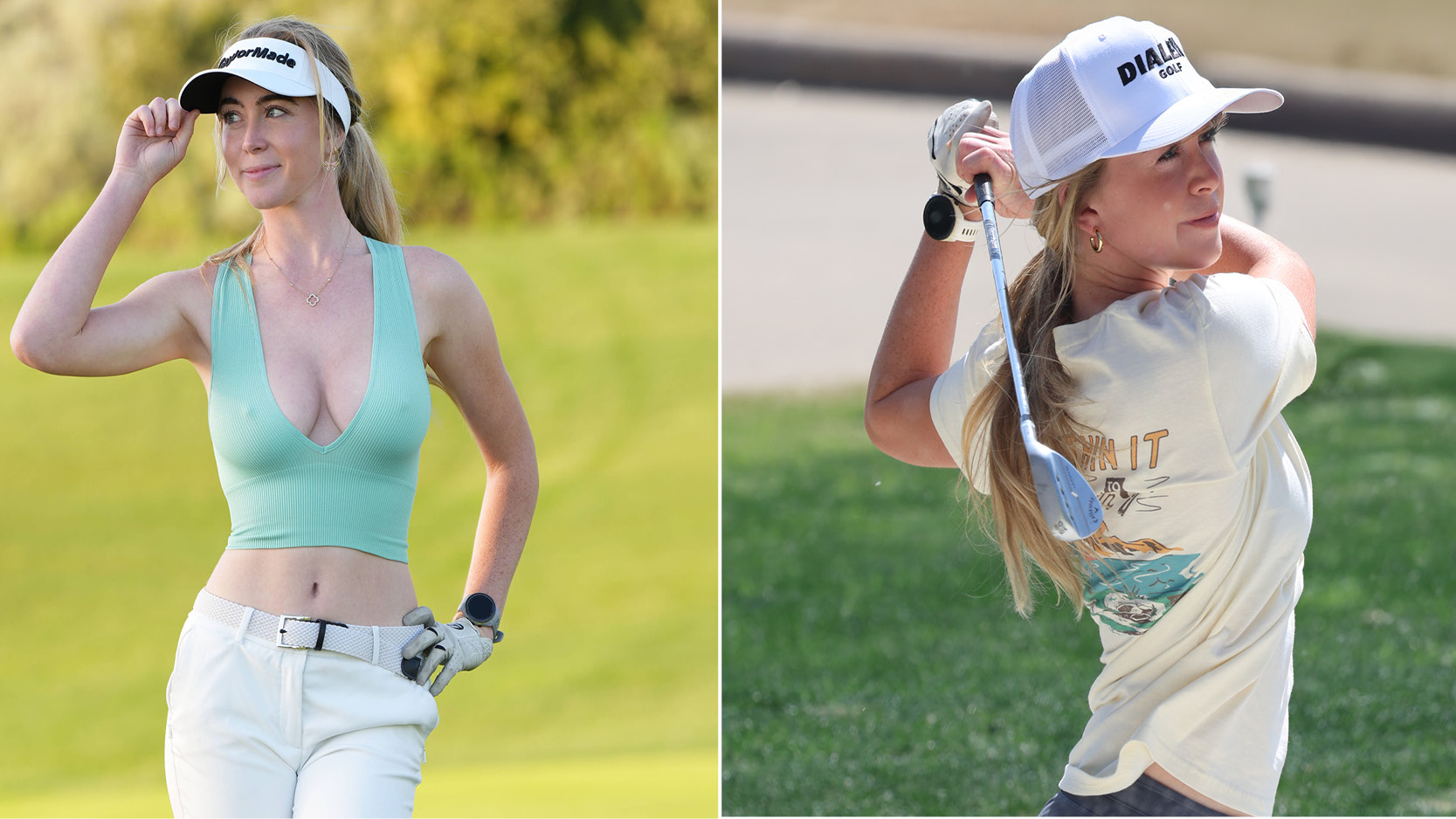 From Body-Baring To Dialed In: Grace Charis Redefines Golf Fashion
From Body-Baring To Dialed In: Grace Charis Redefines Golf FashionInfluential golf content creator Grace Charis launches new apparel brand
By Alison Root
-
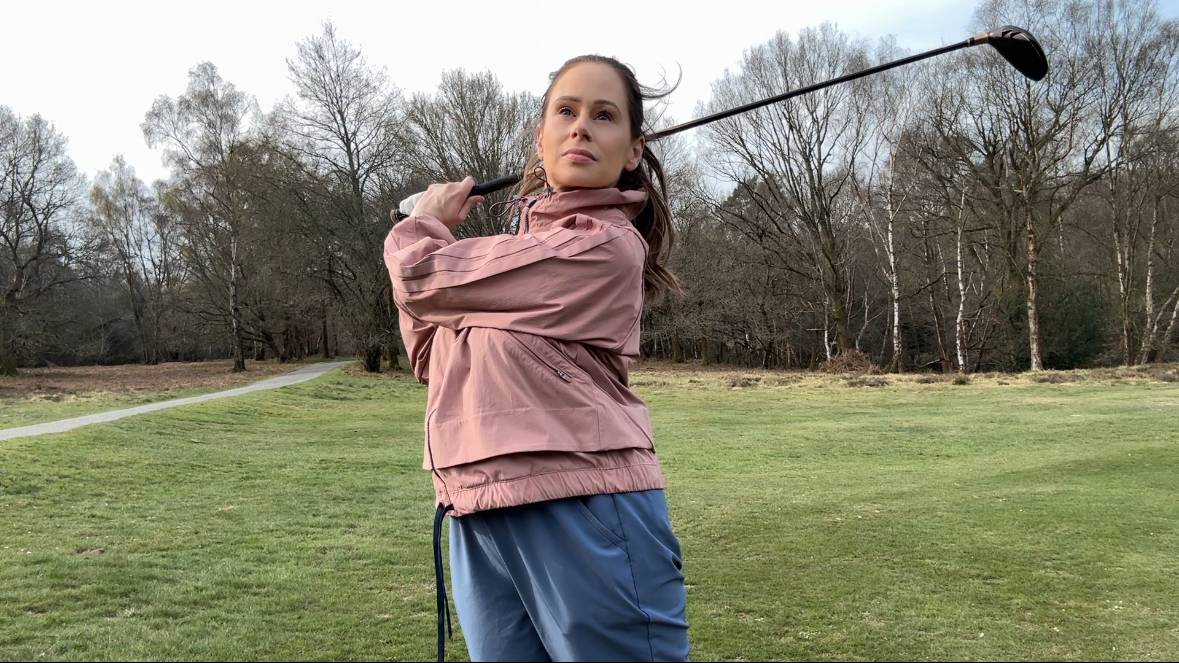 Golf Gave Me Confidence... Then Social Media's Toxic Culture Tried To Take It Away
Golf Gave Me Confidence... Then Social Media's Toxic Culture Tried To Take It AwayA young content creator's journey to own her golf game and her voice
By Katie Clarke
-
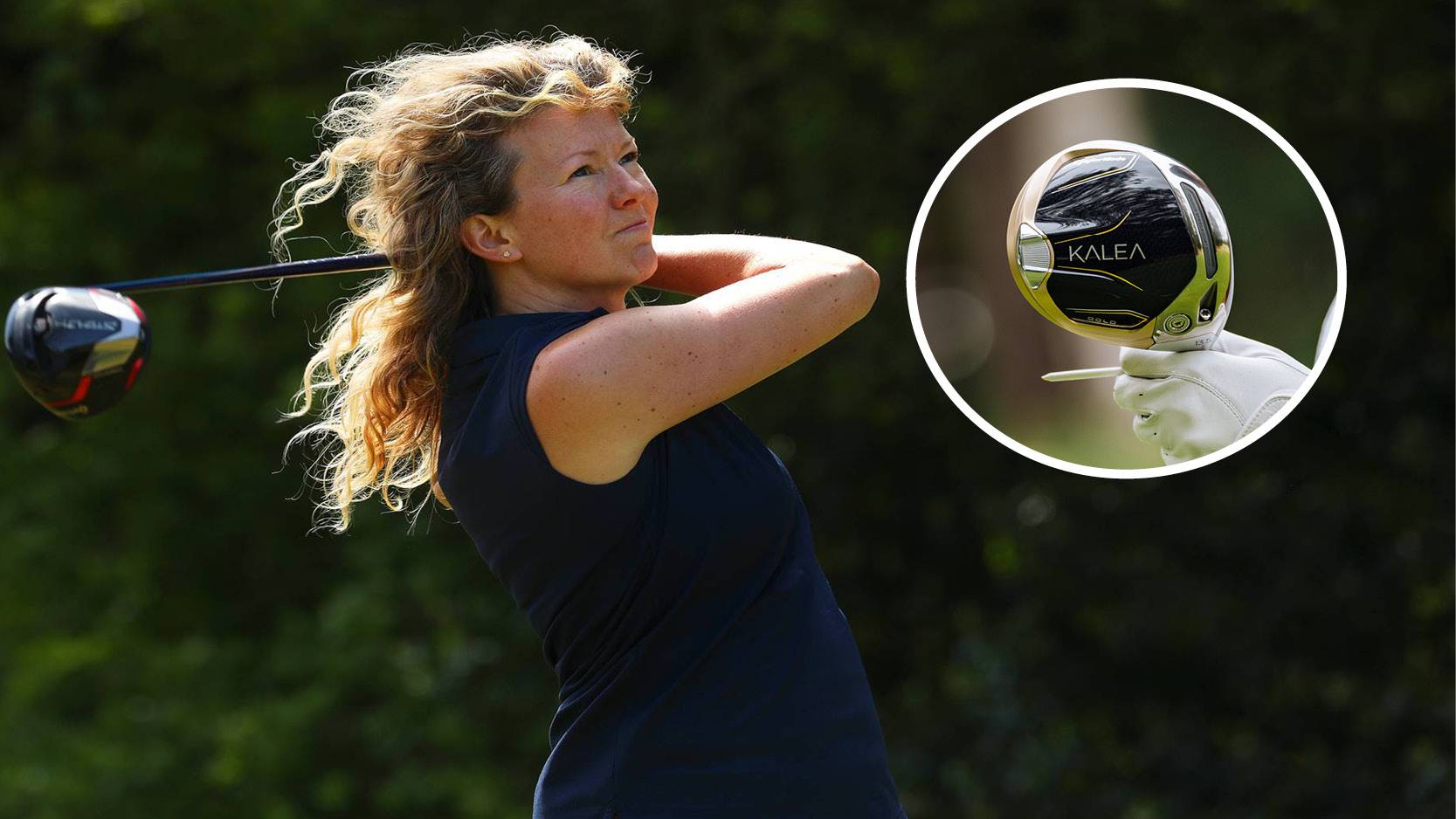 How Far Does The Average Female Club Golfer Hit Their Driver?
How Far Does The Average Female Club Golfer Hit Their Driver?We've looked at the data... Find out if you are hitting your driver an average distance
By Alison Root
-
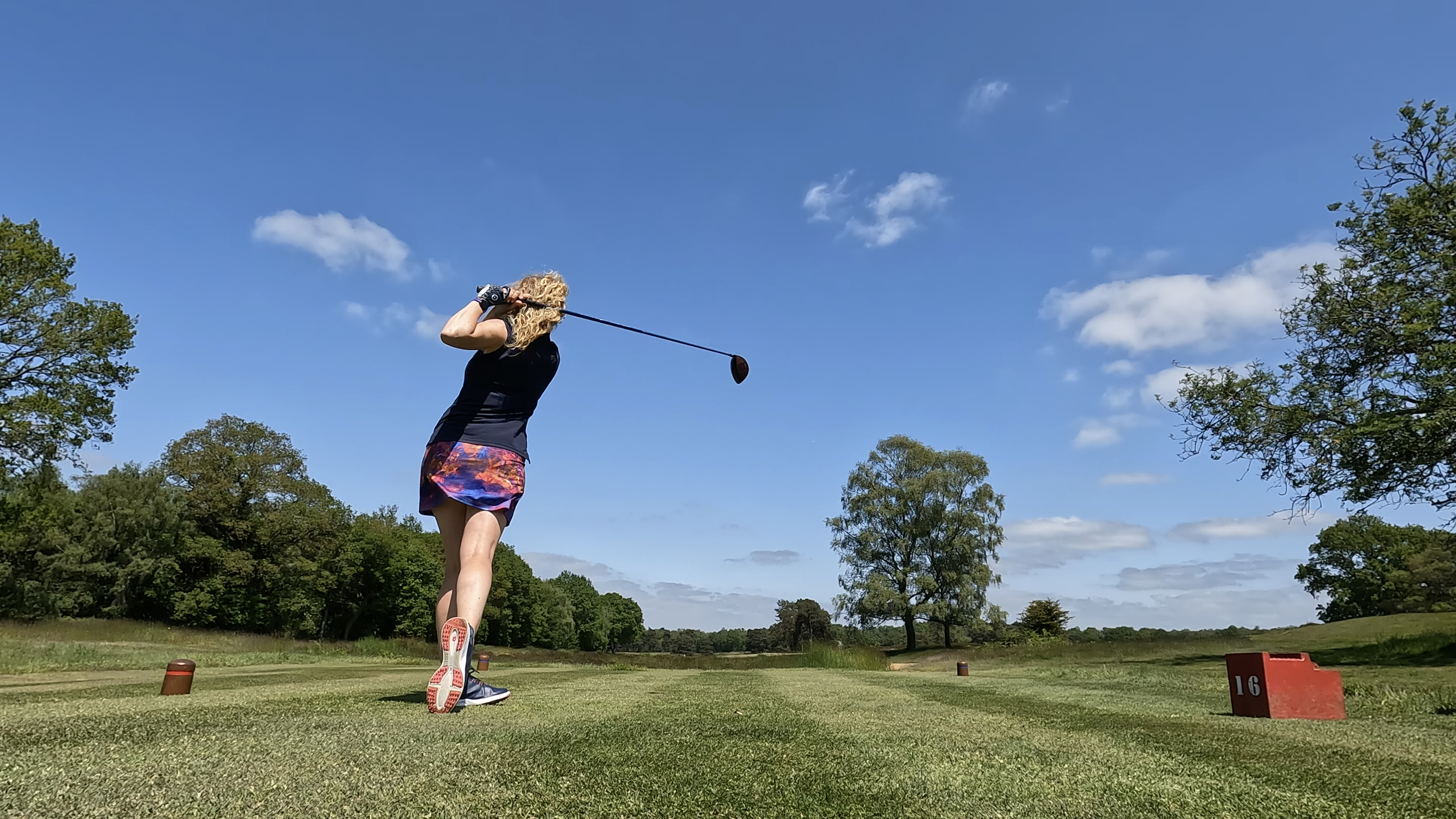 Tee Box Inequality: Why Aren't All Tees Rated For Women?
Tee Box Inequality: Why Aren't All Tees Rated For Women?Long-hitting female golfers are let down by tee ratings
By Katie Dawkins
-
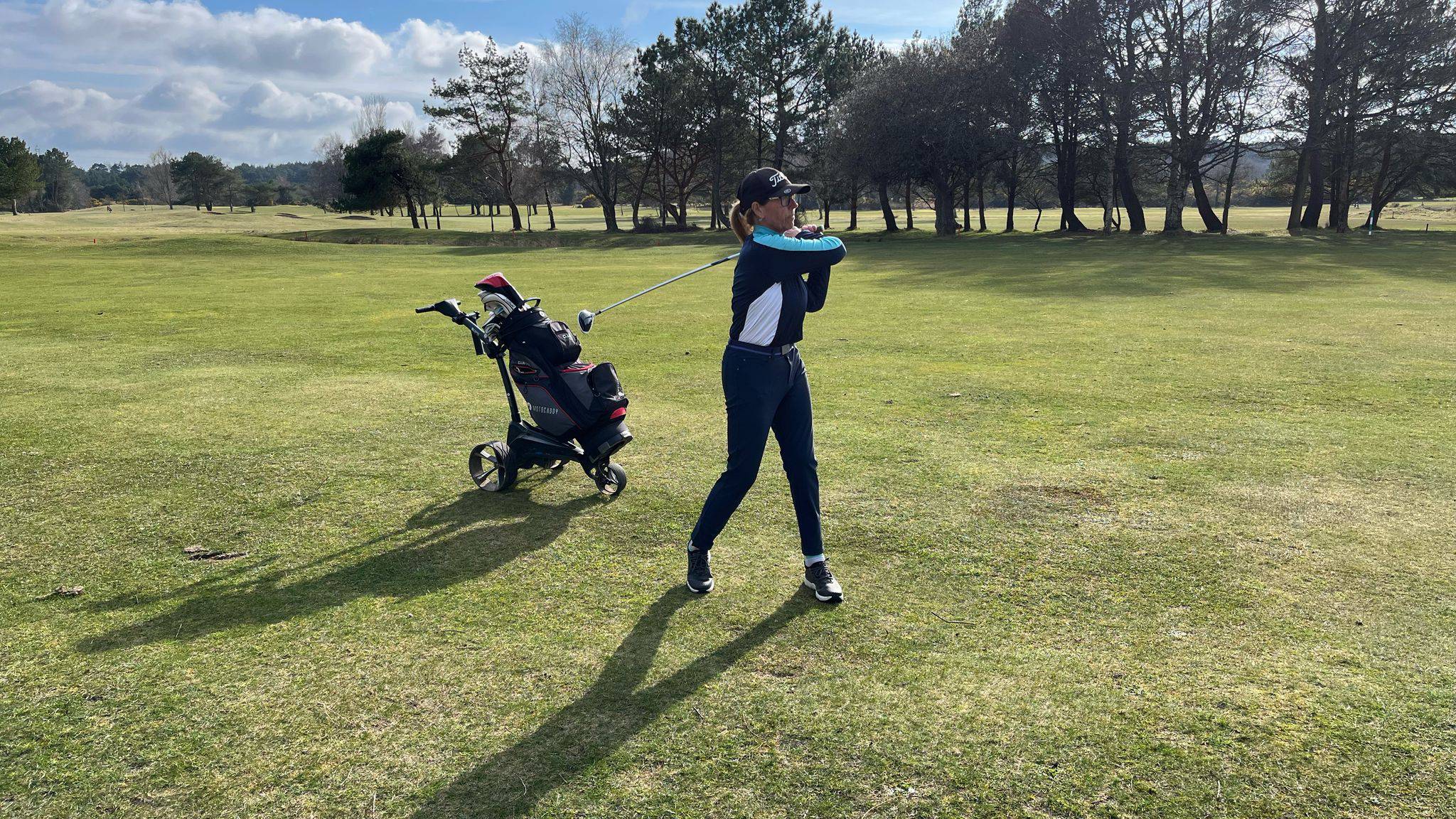 What I Learned From My First Golf Competition: The Unexpected Importance Of Preparation
What I Learned From My First Golf Competition: The Unexpected Importance Of PreparationPlaying in your first golf competition can be a daunting experience. Here are 5 tips to help you prepare for a stress-free round
By Carly Cummins
-
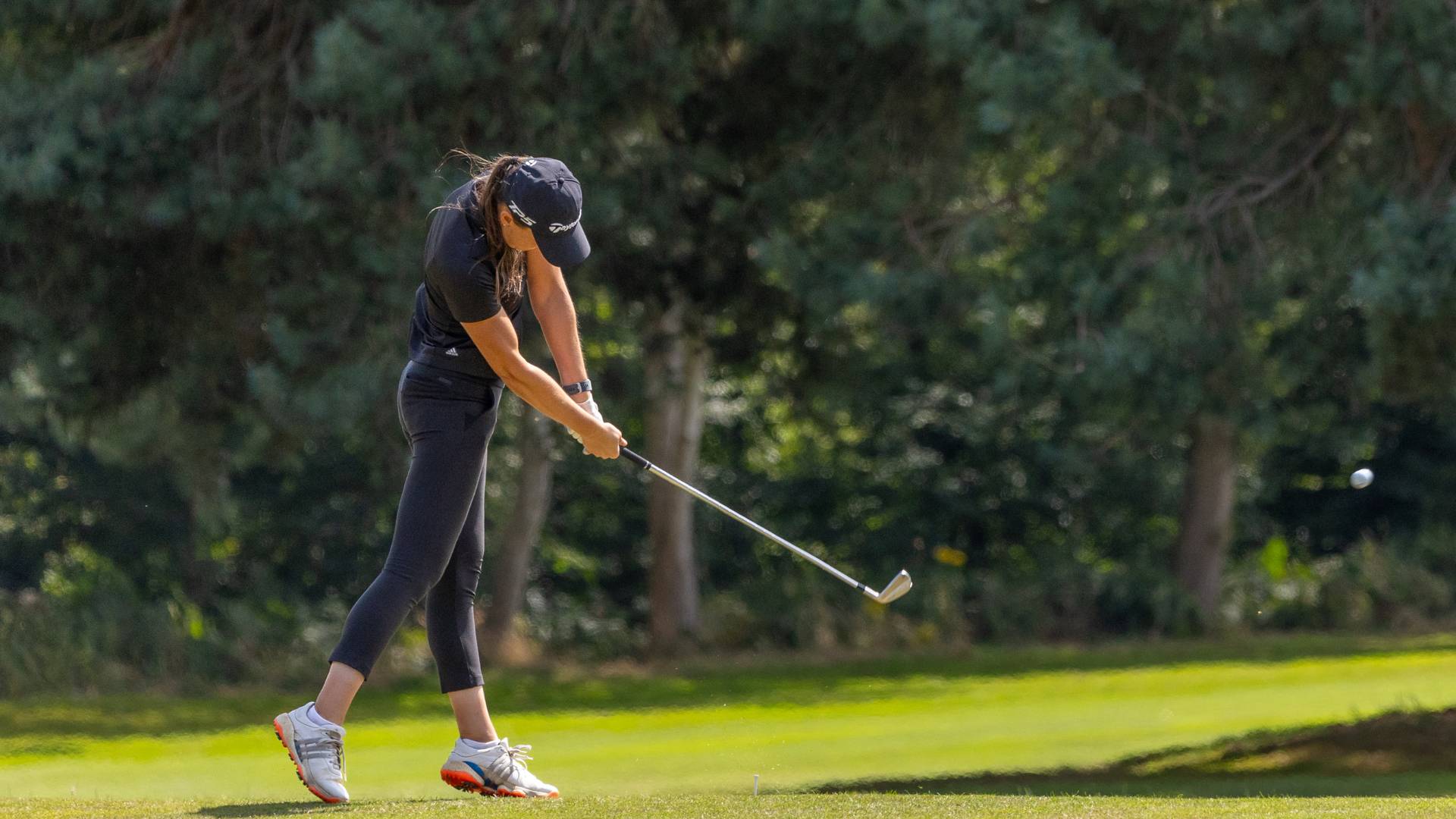 I've Always Struggled To Create That Solid, Compressed Strike... Until I Fixed These 5 Key Moves
I've Always Struggled To Create That Solid, Compressed Strike... Until I Fixed These 5 Key MovesSingle figure golfer Jess Ratcliffe on how she has fixed her swing puzzle to deliver crisp shots
By Jess Ratcliffe
-
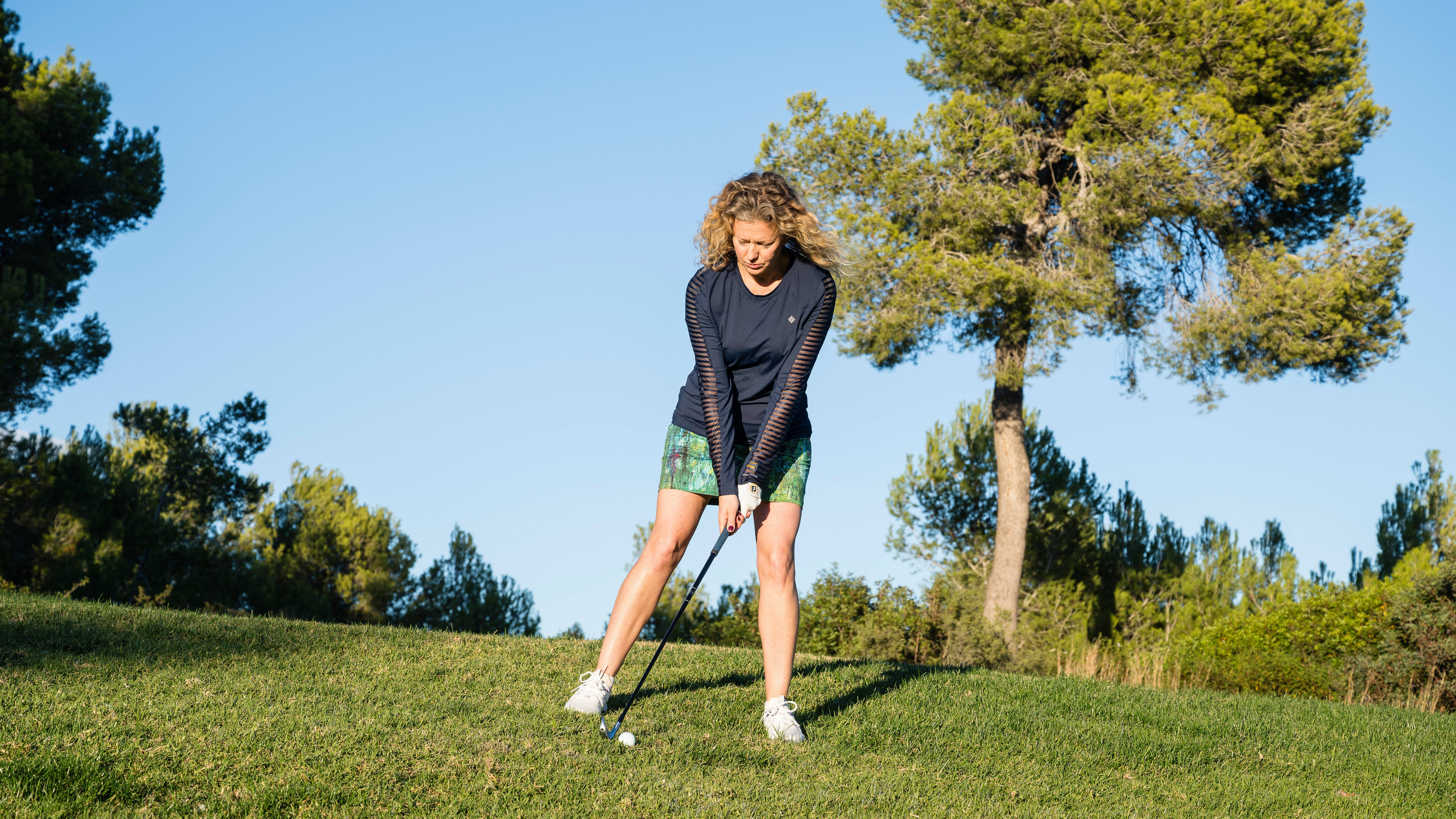 Fix These 7 Common Mistakes And You'll Be On The Path To Lower Scores
Fix These 7 Common Mistakes And You'll Be On The Path To Lower ScoresPGA Professional Emma Booth on how to fix the mistakes all high handicappers make
By Emma Booth